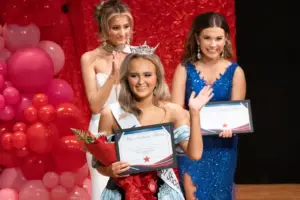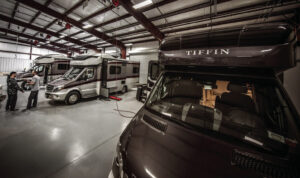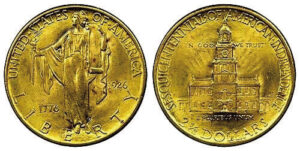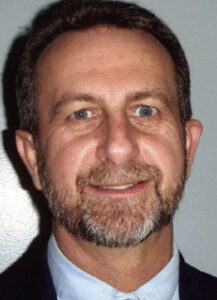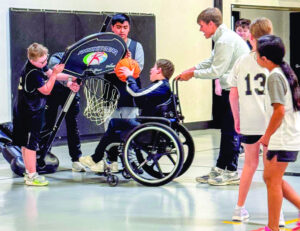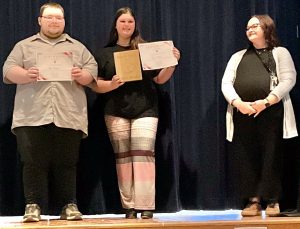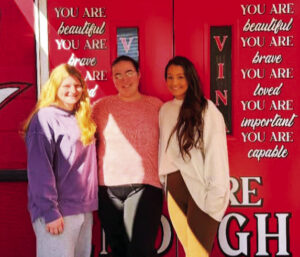Students take part in camp
PHIL CAMPBELL – Three students at Phil Campbell Elementary School recently had the opportunity to learn all about emergency preparedness through a weeklong camp funded by the state.
Sixth graders Maggie Fowler, Ty Linedecker and Maddie Riddle were chosen to participate in “Be Ready Camp,” which is a five-day camp held at the U.S. Space and Rocket Center in Huntsville during the month of September.
The camp is sponsored by ServeAlabama, which is part of the Governor’s Office of Faith-Based and Volunteer Service, and is supported by the Alabama Department of Homeland Security (ADHS), the Alabama Emergency Management Agency (AEMA), the U.S. Space and Rocket Center and the Madison County Emergency Management Agency.
These agencies partnered together to provide the camp free of charge to a select group of sixth-graders in an attempt to further education the state’s young people about different ways to be prepared in numerous situations.
Be Ready Camp usues Community Emergency Response Team (CERT) training to teach the students skills such as emergency preparedness, introduction to survival and first aid, developing an emergency kit, creating a family disaster plan, water survival, light search and rescue, disaster psychology, triage, career exploration, fire safety and terrorism awareness.
“This may not seem like something that sixth graders would need to know about, but this camp trains the next generation to be prepared for emergencies,” Phil Campbell Elementary School Principal Jackie Ergle said. “That kind of knowledge is important for anyone to know, and they can come back and pass that knowledge on to their friends and their family.”
With the April 27, 2011, tornado disaster ever-present on the minds of many Alabamians, the three students from Phil Campbell were especially aware of the importance of knowing what to do in an emergency.
“We learned about how to treat someone if they are really hurt and how to get help for them,” Linedecker said. “I wish we would have known all of this when the tornado happened and maybe we could have helped out and helped other people who were hurt.”
Fowler said another aspect that would have beneficial to know about in April of last year was the mock disaster situation all the students participated in at the end of the camp.
“There were 92 kids at the camp and they were all split into three teams – medical, logistics and search and rescue,” Fowler explained. “We had 41 people who were supposed to be hurt and we had to use the skills we learned during the camp to save them.”
Riddle said one thing she learned was the importance of staying clam.
“It’s important in an emergency or a disaster not to panic,” she said. “If you panic, others around you might start to panic and then you can’t communicate.”
Fowler said her favorite part of the camp was getting to talk with emergency medical technicians (EMTs) about how to care for people.
“I loved looking inside the ambulance and seeing how it worked,” she said.
Linedecker said he enjoyed the water activities.
“We did some lessons about water survival and water safety,” he said. “I liked getting in the water, and those things are good to know, especially around here since we have lakes.”
For Riddle, the camp as a whole was what impressed her.
“I really like to learn and that’s all we did all week long was learn,” she said. “I enjoyed gaining more knowledge that might help someone in the future.”
Riddle said she also liked meeting other students from across the state.
“I think it was good that we met other students,” she said. “They were very nice and we had fun getting to know them.”
During a ceremony at the conclusion of the camp, each student was recognized individually for their efforts by receiving a commendation by Governor Robert Bentley and the status of Youth Preparedness Delegates.
They were then asked to educate their community on the importance of preparedness, and all three students said they planned to pass along their newfound knowledge to their classmates and to their family members.
“They really want you to tell other people what you learn so even more people can be prepared,” Fowler said. “If something ever happens here again, maybe we can all pitch in and help out the community.”


